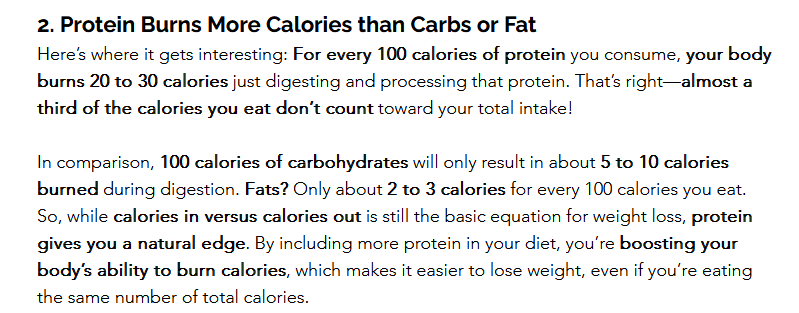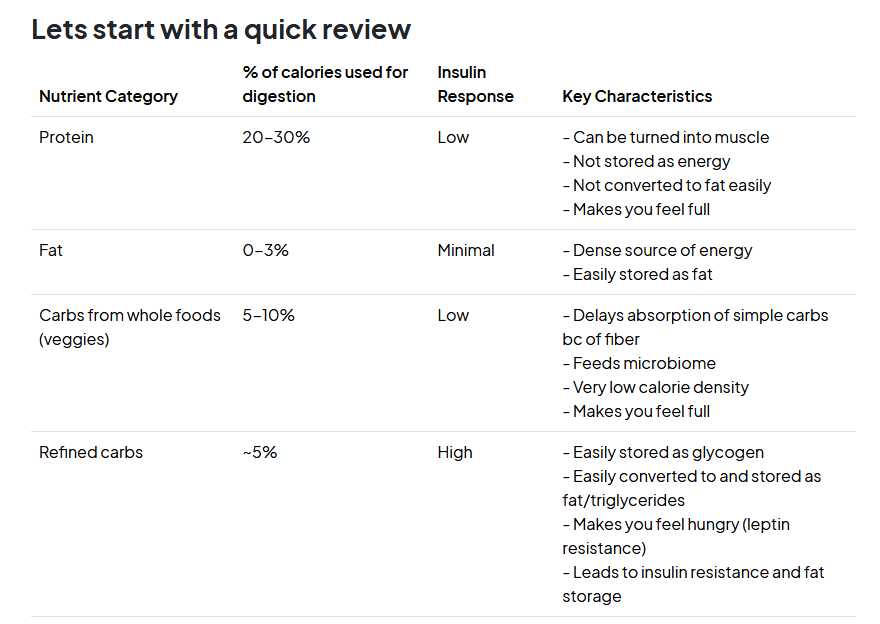I couldn’t care less about my weight, I just don’t want to be fat. I see and touch my fatty body every day, weighing is just to see if I had any change recently (I don’t, of course. my weight is the same since many months, each and every morning, no matter what. it’s kind of creepy, I am a human…).
Yeah, that may be one problem with rigorous eating patters. I don’t do those. If I change my diet, it’s never very temporal (except my very short experiments), it becomes my default for as long as I can imagine. It may change later, sure. So it must be enjoyable, more enjoyable than any other diet in my life, actually. It makes things harder and easier simultaneously.
And if I ever could slim down, I probably would appreciate it too much. Anyway, eating at maintenance is zillion times easier than eating at a deficit, at least it seems so to me, in my own case. Deficit means very little food. Okay, maintenance means very little food too (especially when being slim, probably. I never was that, not even as a kid) but still, I get all the energy I need for that time… And I maintain with way more food than what I need (at least I always did it, even when I weighed way less), that definitely helps.
Carbs are strange because they don’t make me nearly as hungry as in the past. Can low-carb/keto/carnivore solve this problem or what? No idea but I am glad it happened. (Probably my carnivore-ish did it or maybe my big focus on leaner protein, I only noticed I need less food on my carbier days since I made those changes (I still feel it’s not good for me if I eat too much carbs for too long. but I don’t overeat epically unlike in the past, even several years into low-carb). Or just adding meat was magical, who knows? though years passed until I saw the difference regarding carbs). Even my protein need (the minimum amount needed for me for satiation) seems to diminish, that is a huge help for me if it’s truly the case.
I know I never used any willpower I could notice to change my eating behaviour, that’s simply not my style but some physical and mental changes just happened. Some right away (carnivore does it to me immediately or in a few days at most), some after a very long period… Interesting.
There are still physical limits but indeed, some people have an unusually slow metabolism and I guess sometimes it’s normal for them, it’s not a slowed down one, they are just like that? Very unfortunate. And even if they have a decent one, sometimes the body refuses to use the stored fat, it does what we normal ones do when we are truly starving. So they may eat less and less and less and it’s already very severe starvation for a normal human and they still stay fat, just feeling cold and not working properly. Quite tragic. Their bodies are broken. I don’t know how they can solve this but according to what I have read, it exists. The shows and whatnots always bring up people who say they eat little but they eat A TON but there is the rare case when one really can’t just eat little and see results.
It’s probvably the case, usually. If one can force themselves to eat little enough, there is no way to gain, the energy must come from somewhere, after all. It may be super unhealthy, of course, super torturous but if there is little enough food, gain is simply impossible. My SO had this after he starved himself down, the next years weren’t easy and he realized he can’t stay at 56kg because it’s not just being hungry most of the time but his body refuses to work properly. So he chose a bit higher, still okay looking body and ate accordingly. And exercised a lot, he can’t stop as he rapidly gains fat then, he can’t eat little enough for a slim body with a sedentary lifestyle, it’s very painful.
There are many people like this, more or less good working body and a sacred goal. They make sacrifices for it. It’s not for every personality (definitely not for me. I don’t do sacrifices or much self control when it comes to food), circumstances or physical body (I mean, some just doesn’t work well enough). But as I see, most people just don’t care enough about their figure and/or health and yes, the efforts tire them out, they can’t do it forever. I can relate. I never forced things I disliked but even easy, nice diets can be tiresome after a while if we feel a bit restricted. I am stubborn with a goal, at least so I did tons of experiments, tried out things, made zillion new recipes, put really much effort into trying to find the way for me that I enjoy and do it easily enough. It helped that I had no option to go back to my old ways, they felt bad and wrong. Had to make myself comfortable on a diet that I knew were good and possibly for me at that time.
Gaining back is quite complicated. It’s very wrong and rude to call people weak-willed just because it happens. It’s not easy to find the right diet (and lifestyle, state of mind, whatever) to lose and maintain. I have spent a lot of time and effort and it took many, many years. It’s easier for some and if one has the right willpower, it may take no time and all for the losing part but maintaining is for a very long time and can be very tricky. So we mostly agree BUT with a strong will, effort, sacrifices, yep, most people could stay slim. It is about as helpful as “eat little and you will lose fat”. Almost surely true but it doesn’t bring us any more close to our goals to know that… I know I simply need to eat little, not even super little, my body works well enough. It doesn’t mean I can do it, even with much effort, research, experimenting, training and whatnot. It’s harder for some of us than for others. Or later in our life. I easily lost weight 15 years ago. It doesn’t happen now, on a much better diet.
But at least I know I just should try harder. I can’t but I should so I only blame myself for my fattiness (except I don’t. not a hedonistic state of mind to blame myself but you understand, I don’t blame anything external. not even my childhood circumstances though they led to my current body. so getting fat, that’s one thing. but not losing, that’s on me, 100%). That’s nice, knowing we aren’t victims and we have the power to change… Hidden somewhere real deep…
I really should break some barrier now. I had enough.
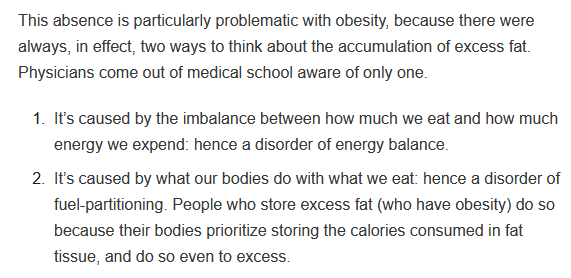


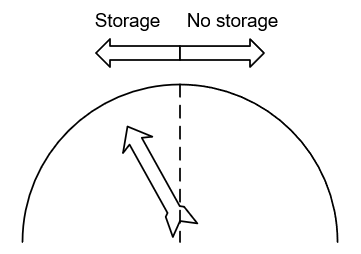
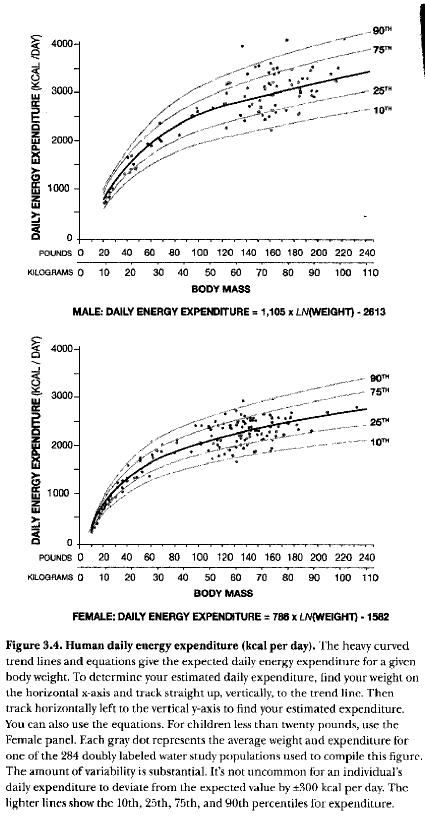
 What caused them? Special individual factor, muscular body, high activity, swimming outside when it’s -50C (I saw videos about that and I never will forget it), other things?
What caused them? Special individual factor, muscular body, high activity, swimming outside when it’s -50C (I saw videos about that and I never will forget it), other things?